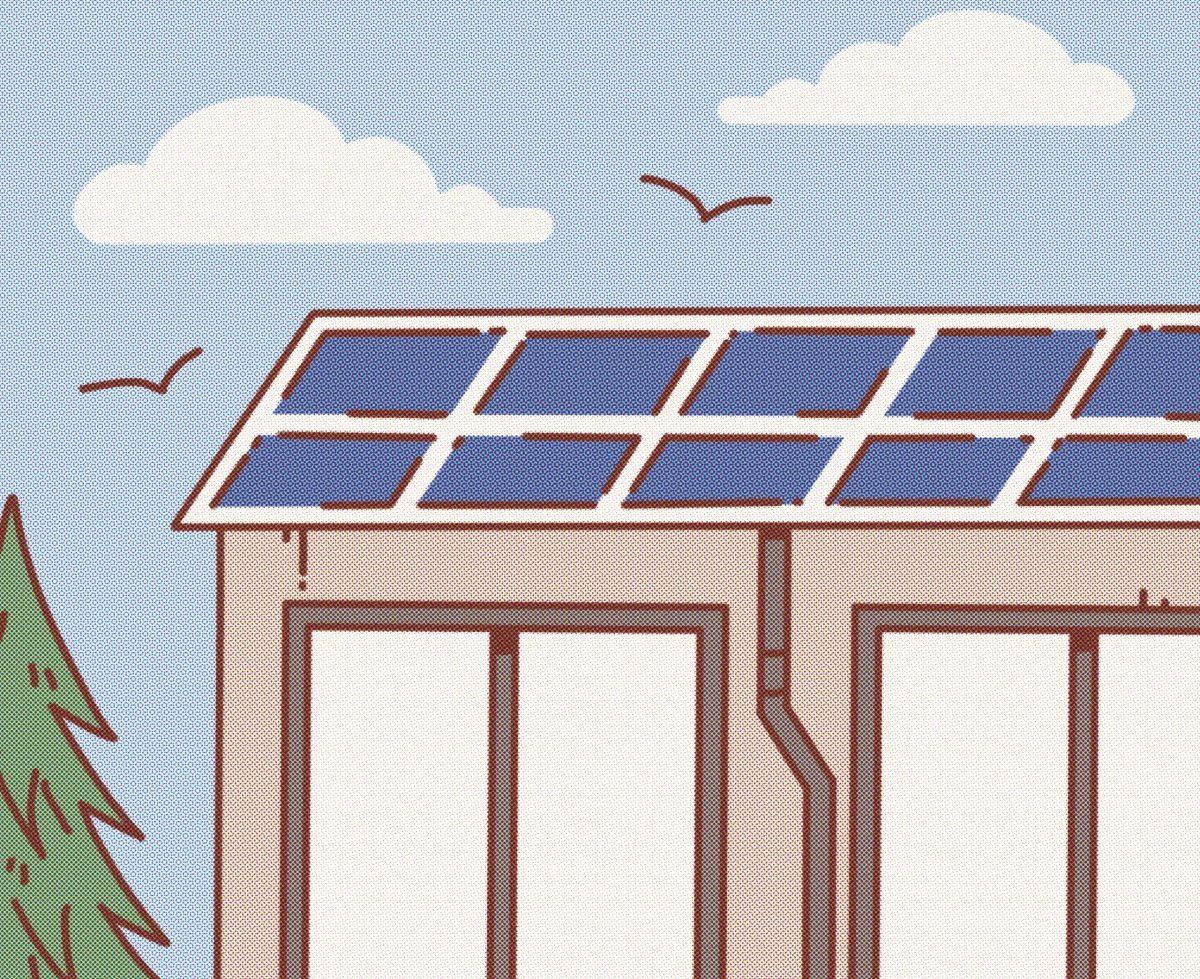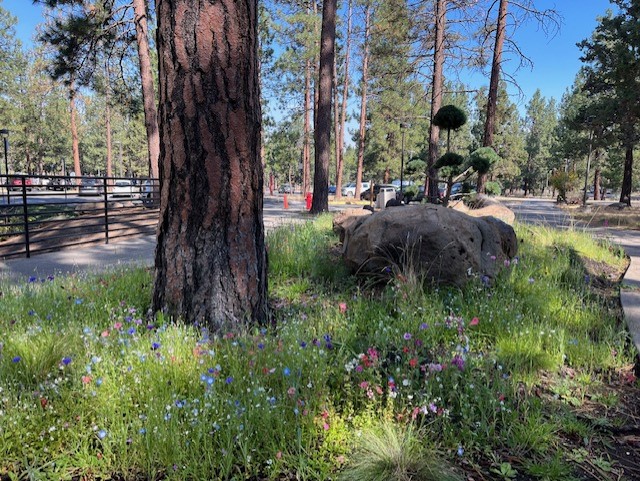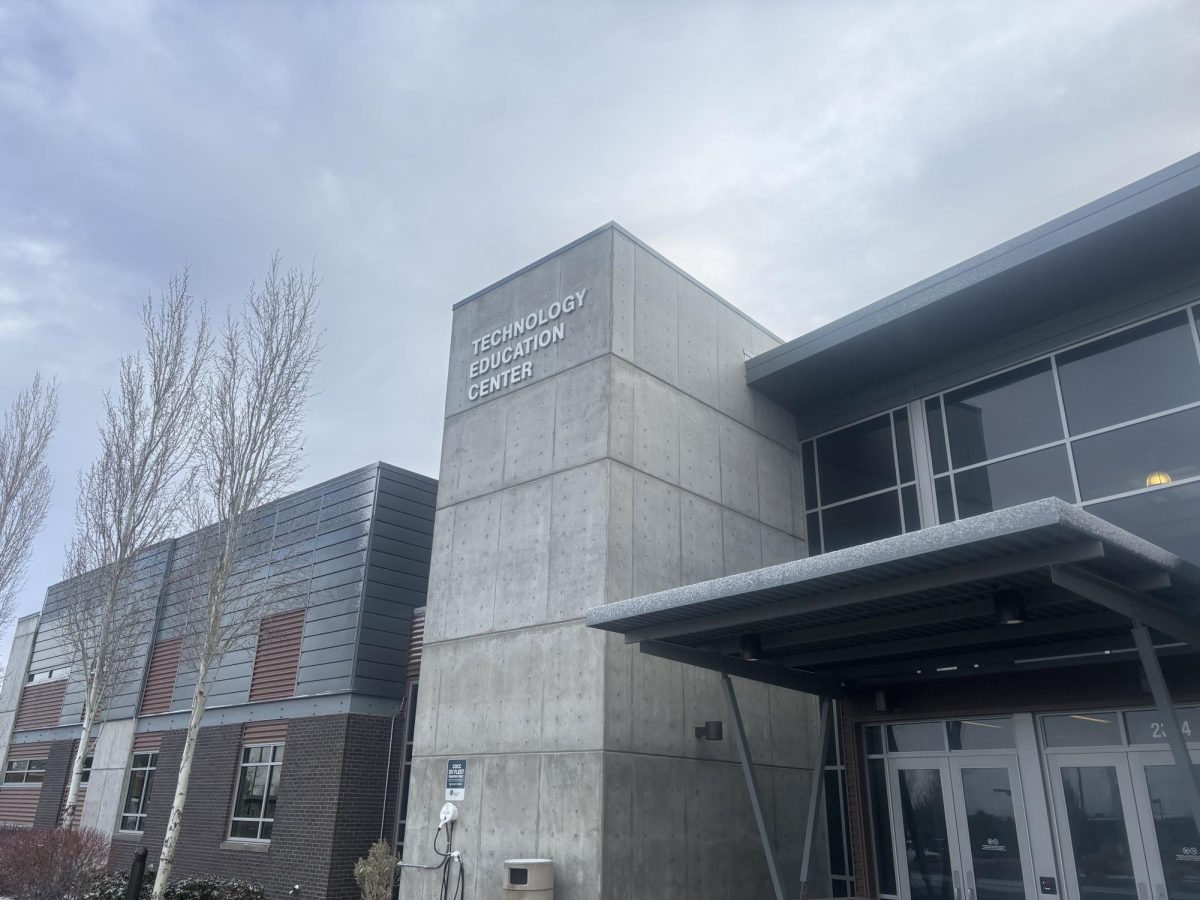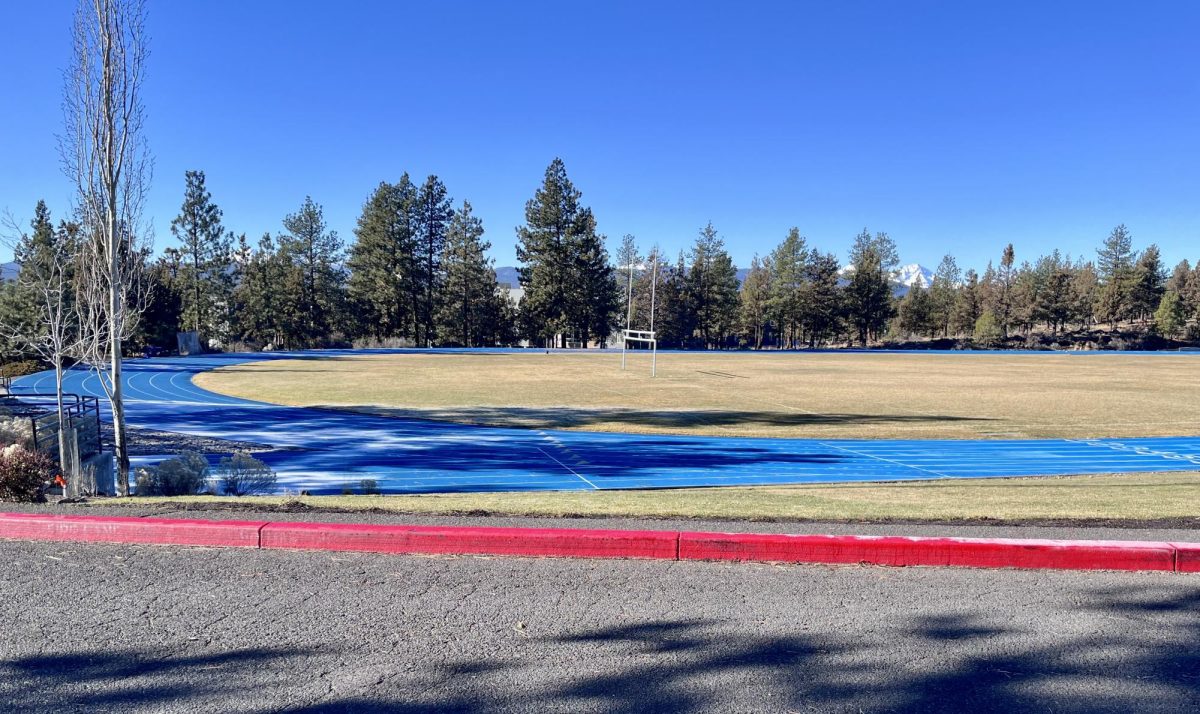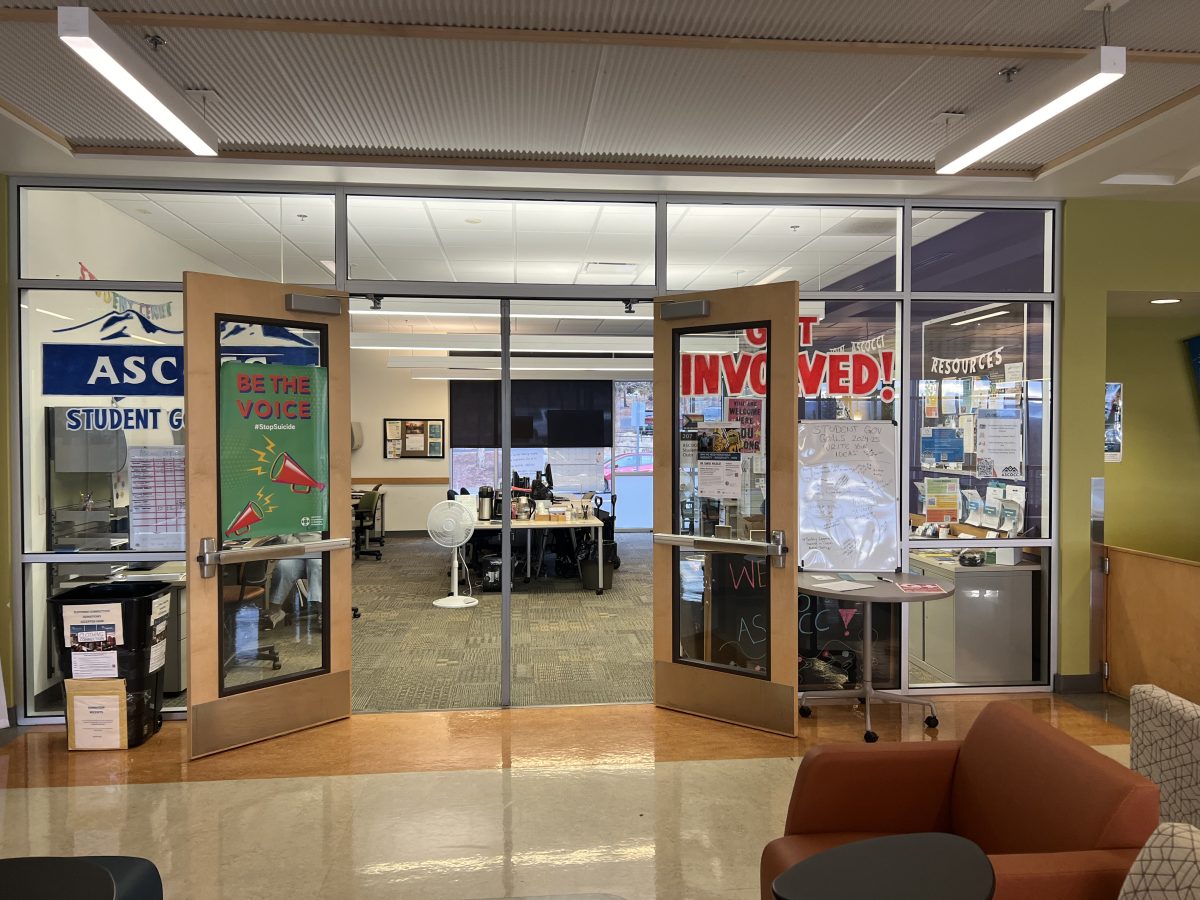Ellie Ocel/The Broadside
Deschutes County Commissioners are considering whether to approve a policy that finances clean energy improvements for developers and commercial property owners. This policy, called Commercial Property Assessed Clean Energy, or C-PACE, is more impactful for college students than it may seem.
C-PACE allows for owners of multifamily housing to finance renewable energy, water conservation, energy efficiency and other sustainable features. C-PACE has been used across the country for student housing, multifamily housing and low income housing. As a student at COCC, I urge the Deschutes County Commissioners to authorize C-PACE. College students need access to environmentally friendly housing options, and C-PACE gives building owners a way to invest in these developments while reducing utility costs.
Central Oregon is already lacking in housing options for college students. If C-PACE was authorized in Deschutes County, owners of housing with five or more family units could finance solar panels, electric vehicle charging stations, gray water systems and other efficiency solutions. This means that there would be a wider variety of environmentally conscious housing available to students.
In a time when winter storms and summer heat waves are becoming more extreme and variable, student housing needs efficient heating, ventilation, and air conditioning systems, which can be financed through C-PACE.
The high desert is dry, especially in the summer, so it is important for housing to have energy and water conservation measures. Students and landlords share the savings on utilities from those conservation measures, which can be enacted using C-PACE.
C-PACE is already enabled in Oregon, and all that is needed is authorization by the Deschutes County Commissioners. If it was authorized, owners of multifamily housing could use it to make clean energy developments that college students desire. Green improvements are in high demand and make housing more attractive, so business owners can draw in more business by meeting that demand.
COCC student Maiya Hill would rather live in a dorm or apartment with clean energy developments than one without. She thinks sustainable housing is important, and individuals need more access to that housing.
COCC student Ethan Bennett agreed. He said that if he had the opportunity to live in sustainable housing, he would take it.
College students want access to sustainable housing, and C-PACE is an excellent option to achieve that sustainability in a way that also benefits business owners. Property owners can draw in more customers with their sustainable housing and improve their bottom-line regardless of who pays utilities.
Green developments in student housing across the nation have been financed through C-PACE. For example, the NOCA Lofts affiliated with Michigan State University give college students a much needed opportunity for sustainable housing. This property has Energy Star windows, a type of window that promotes energy efficiency; insulation; LED lighting; and water conservation measures built into it. Each conservation measure saves water, electricity, and money.
If commercial buildings adopt sustainable features using C-PACE, the causes of extreme weather and climate change can be reduced. According to Lean and Green Michigan, the NOCA Lofts are expected to save 52 million gallons of water and replace 13,500,000 kwh of traditional electricity. Those changes should eliminate 9.5 metric tons of CO2 from the atmosphere.
C-PACE benefits college students because of the sustainable housing it can finance; the Deschutes County Commissioners need to authorize it so students can have access to green affordable housing.


